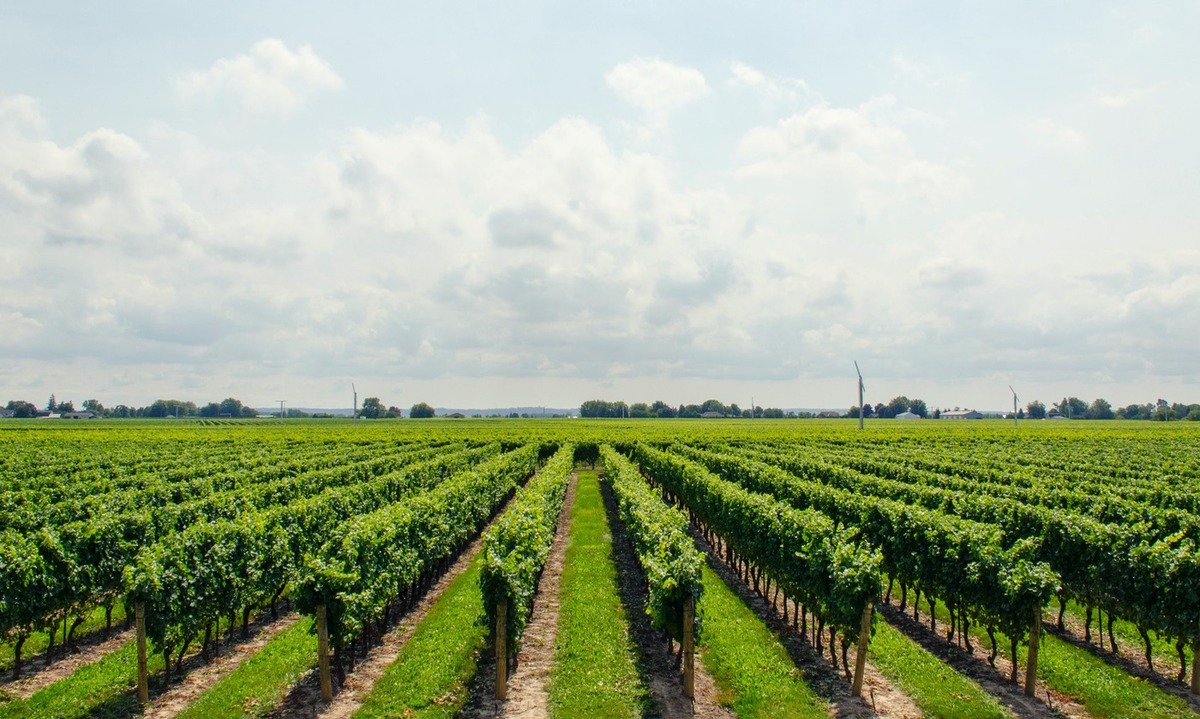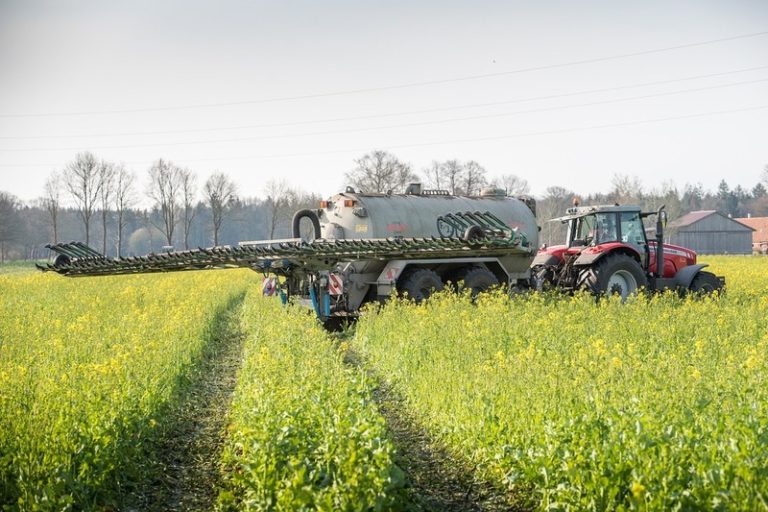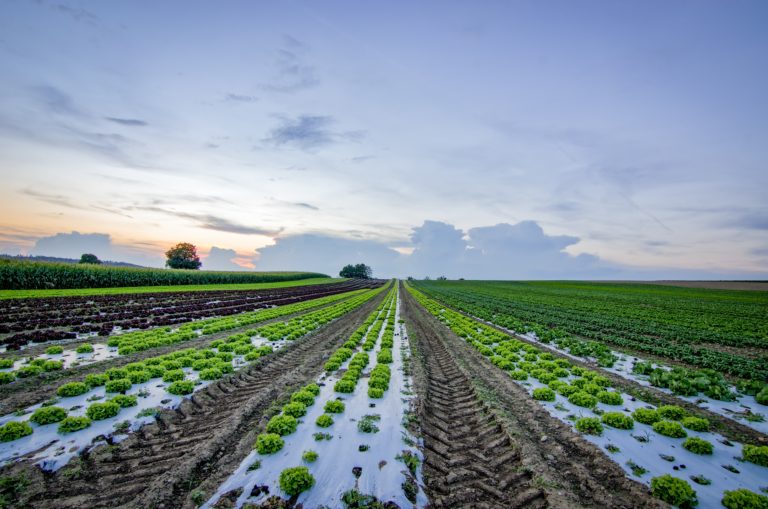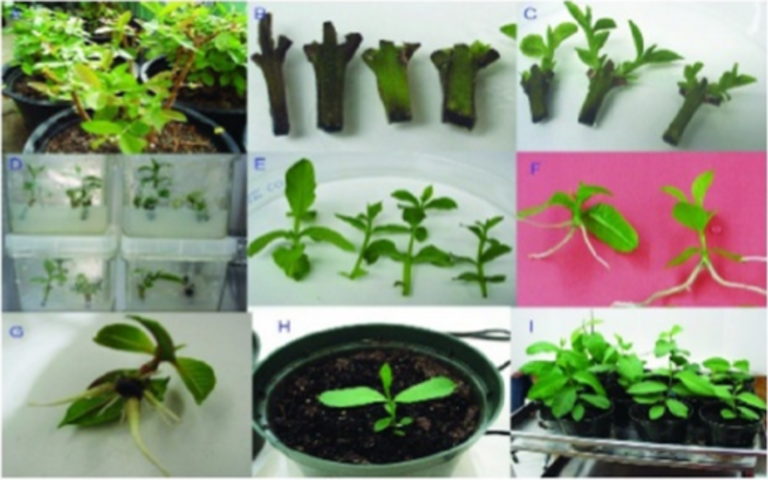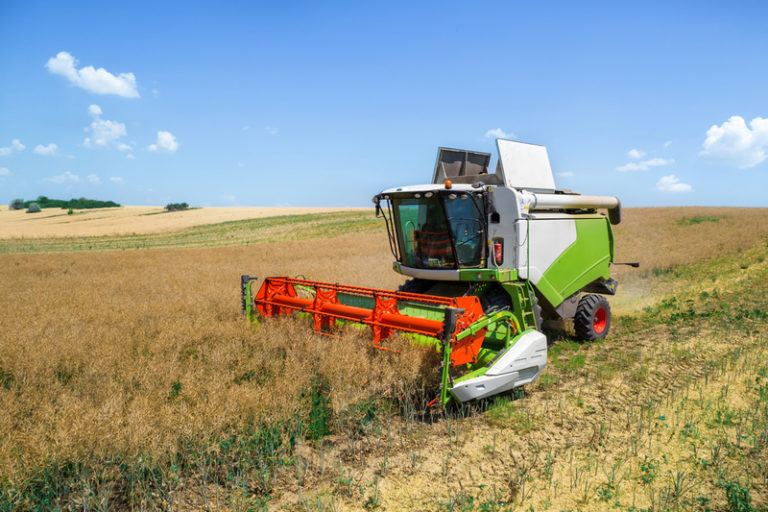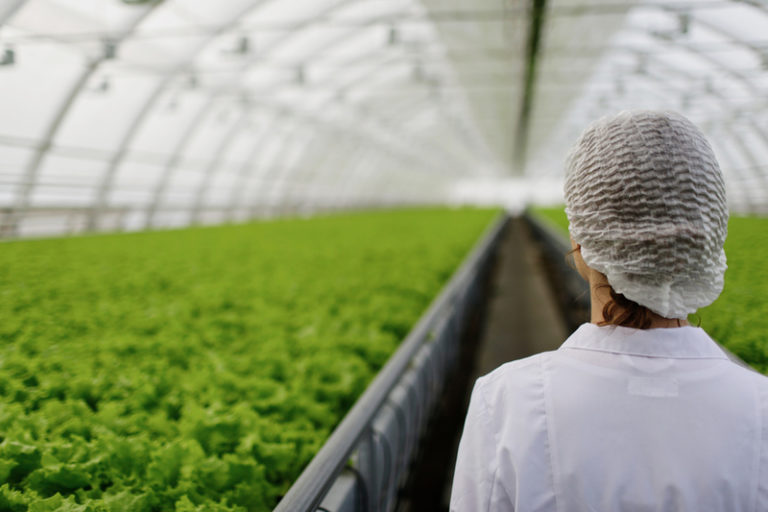Diversity in Agriculture: Cultivating a Robust and Sustainable Food Future
Introduction:
What does variety mean in farming? It means having a wide range of plants and animals on our farms so they are healthier and more productive. We will talk about why variety in farming is important and how it impacts our food, the earth, and the farmers who grow it.
Types of Diversity in Agriculture:
- Crop Diversity: Picture a garden full of different fruits and veggies. The same thing with food variety. Farming different crops helps them deal with problems like bugs or bad weather. It’s kind of like having an extra food plan.
- Livestock Diversity: On a farm, there are many kinds of animals, just like there are many kinds of trees. Each is good in its own way. Some are great at giving milk, and others are great at giving meat. Having a variety of types helps farmers make their farms healthy and long-lasting.
- Genetic Diversity: It would be great to have a big family with lots of different skills. That’s different kinds of genes. It means having different kinds of plants and animals in farming. Our food system is stronger and better able to handle changes because it has more types of foods.
Cultural and Social Aspects of Diversity:
- Indigenous Agricultural Practices: The ways that people who have been working for a long time do it are very different. These customs teach us a lot. Keeping these techniques alive helps us keep our farming ways varied and long-lasting.
- Gender Diversity in Agriculture: Women are very important in farming. They take care of animals, plants, and information that is very useful. For a varied and healthy food system, it’s important to recognize and support the work of women in agriculture.
Economic Impacts of Agricultural Diversity:
Market Access and Economic Opportunities: Farmers don’t have to count on just one thing when they have a variety of farms that sell different goods. This makes their pay higher and makes sure they always have food.
Sustainable Agriculture and Environmental Impact: Farms that grow a lot of different things are better for the earth. The farm is better able to handle climate change because the different plants and animals help each other out.
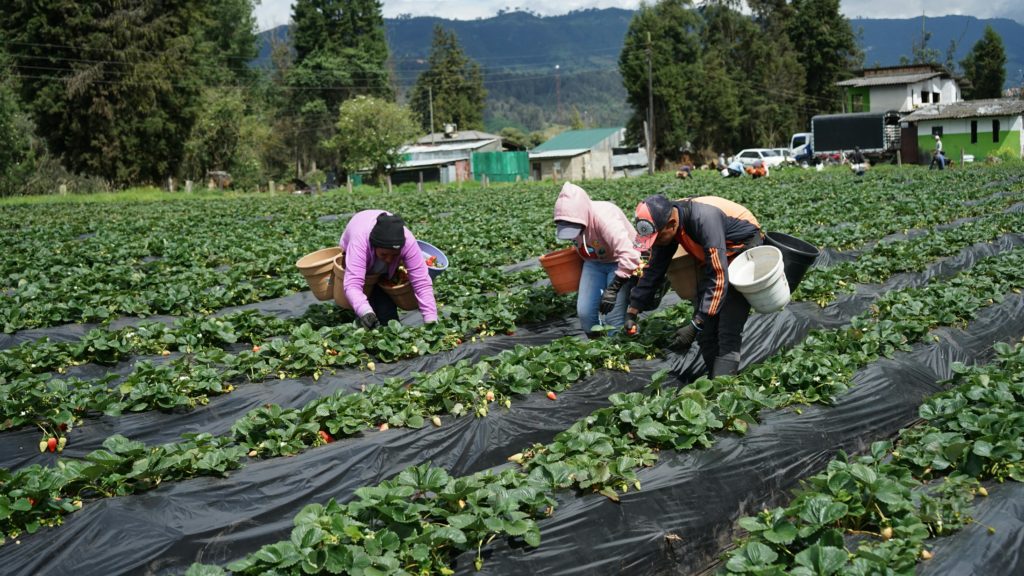
Challenges to Agricultural Diversity:
Monoculture and Industrial Agriculture: You shouldn’t put all of your eggs in one basket when you grow crops. The whole crop could fail if something goes wrong. Farming in different ways is like having many bags, which lowers the risks.
Globalization and Homogenization: When world markets are involved, farms can start to look too much alike. To keep things interesting, it’s important to keep local types and farming practices alive.
Future Directions and Solutions:
Agroecology and Agroforestry: There are smart ways for farmers to make their farms more diverse and long-lasting. For example, they can put trees among their crops (agroforestry) or use methods that are good for nature (agroecology).
Policy and Advocacy: Policies that urge farmers to accept differences can be backed by governments and people like us. We can also speak out for growing methods that are good for the environment and everyone.
Conclusion:
That’s why diversity in farming is good for everyone, not just farms. We can make everyone’s food system better, more adaptable, and last longer if we understand and support different farming methods. It’s time to enjoy the unique tastes, colors, and stories that make our farms unique and different.
Also Read:

